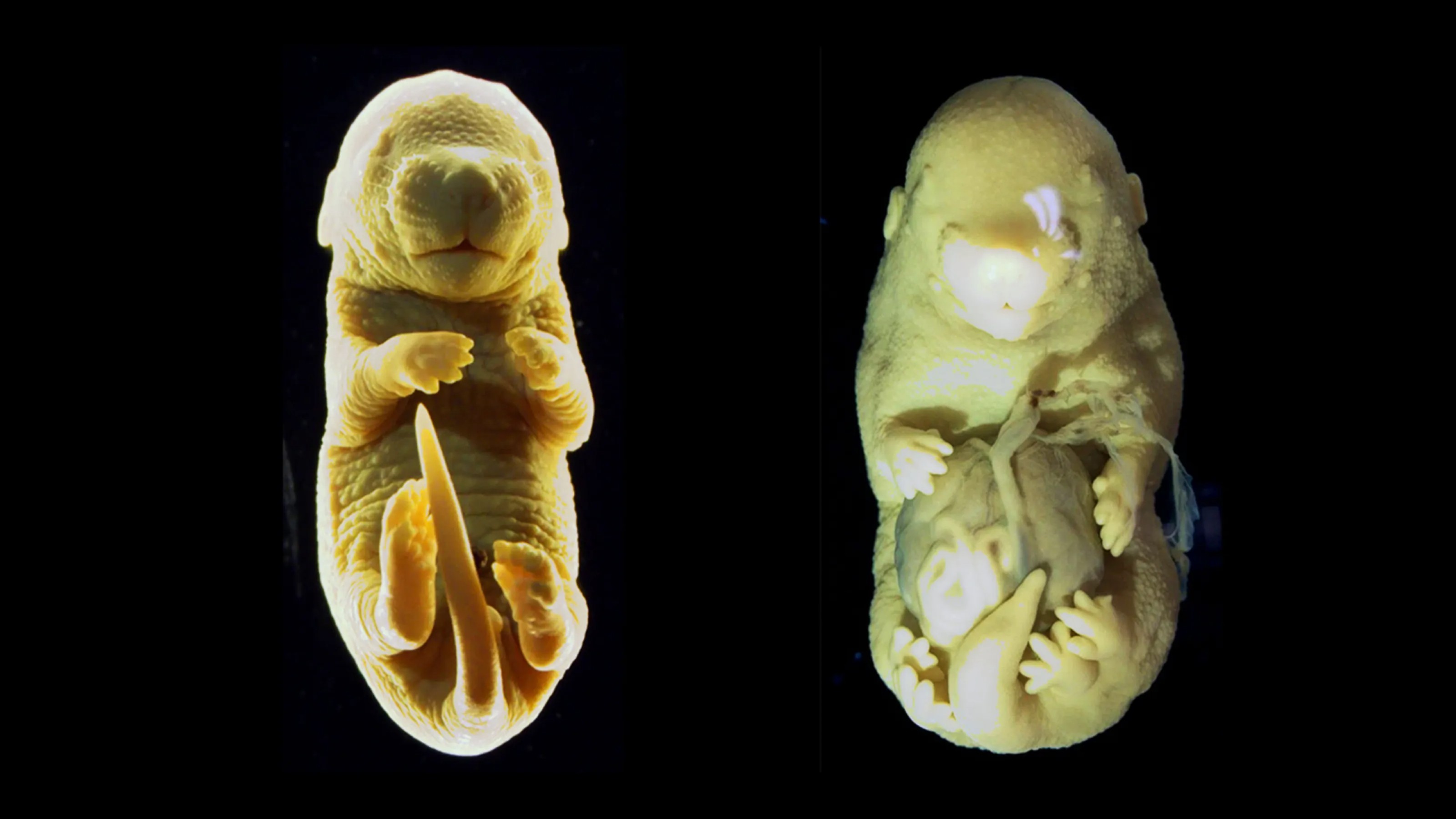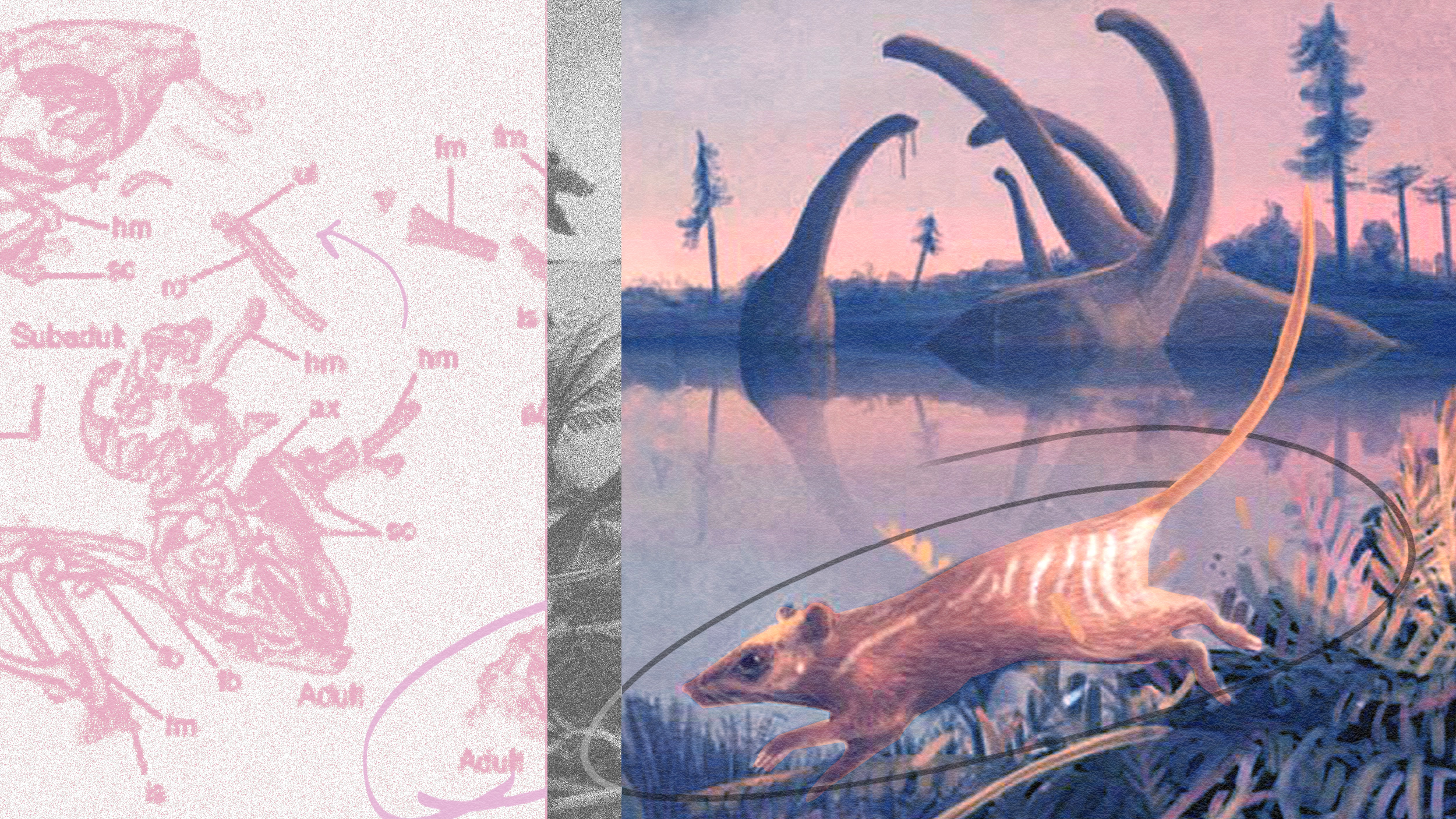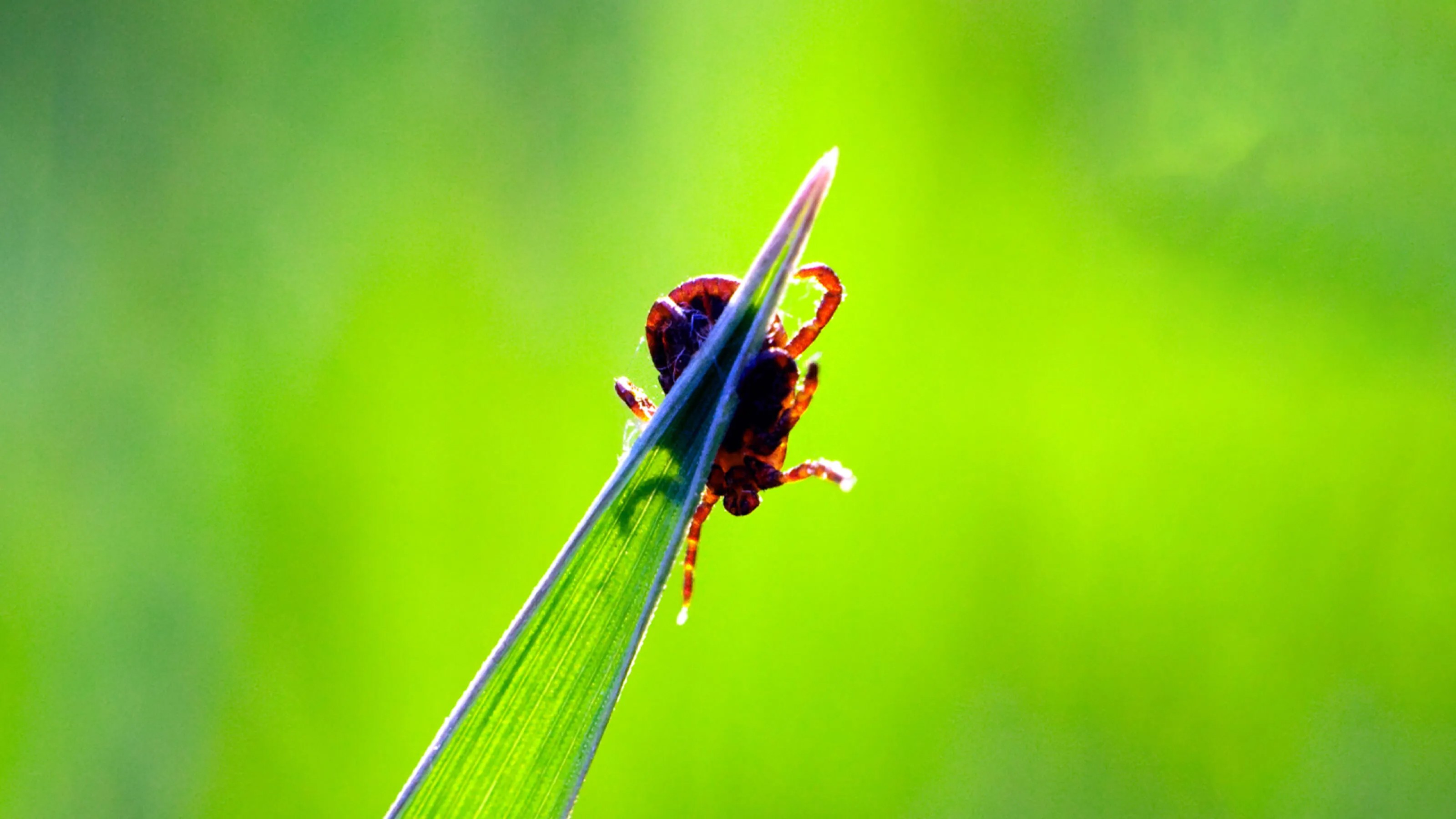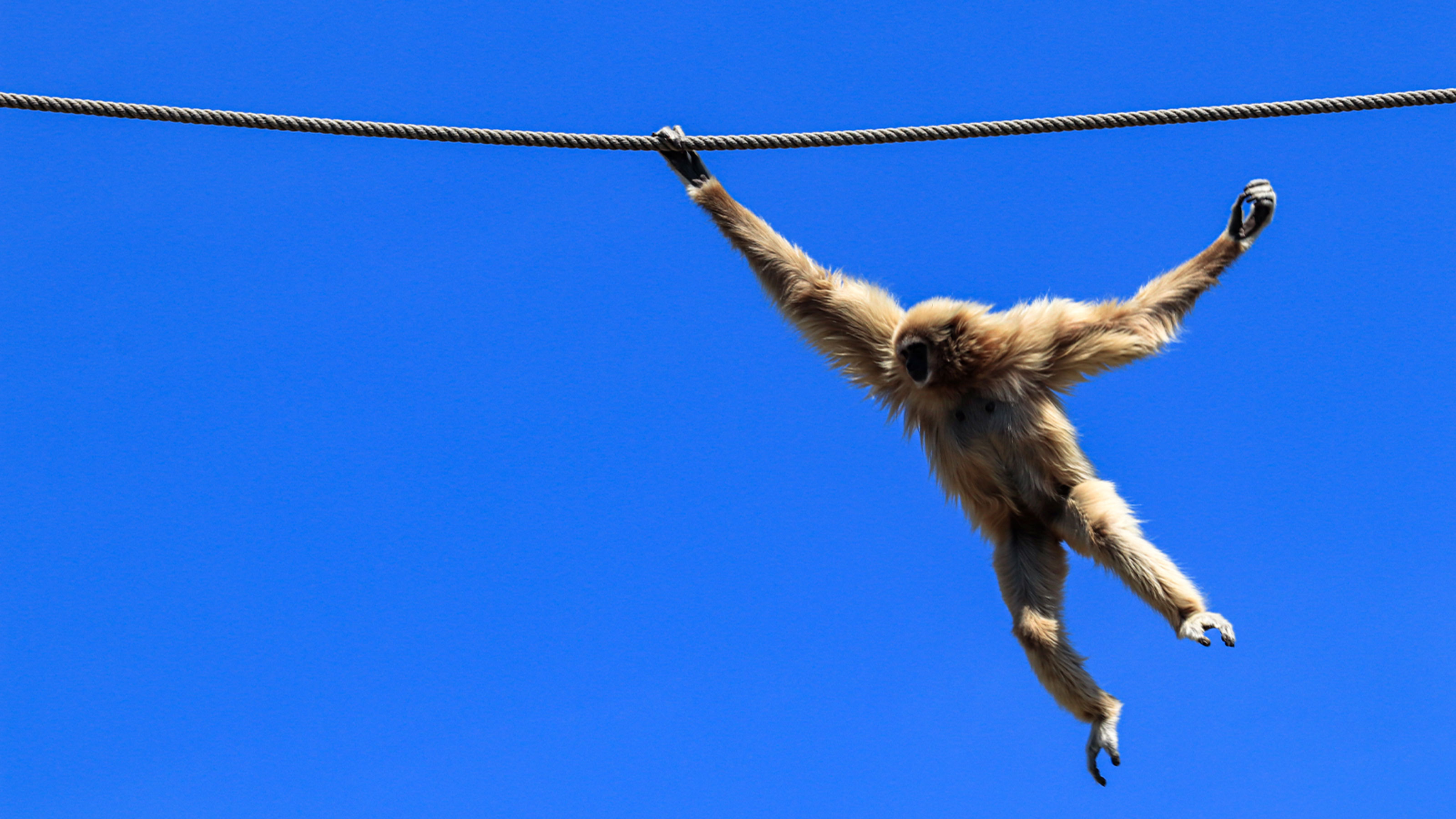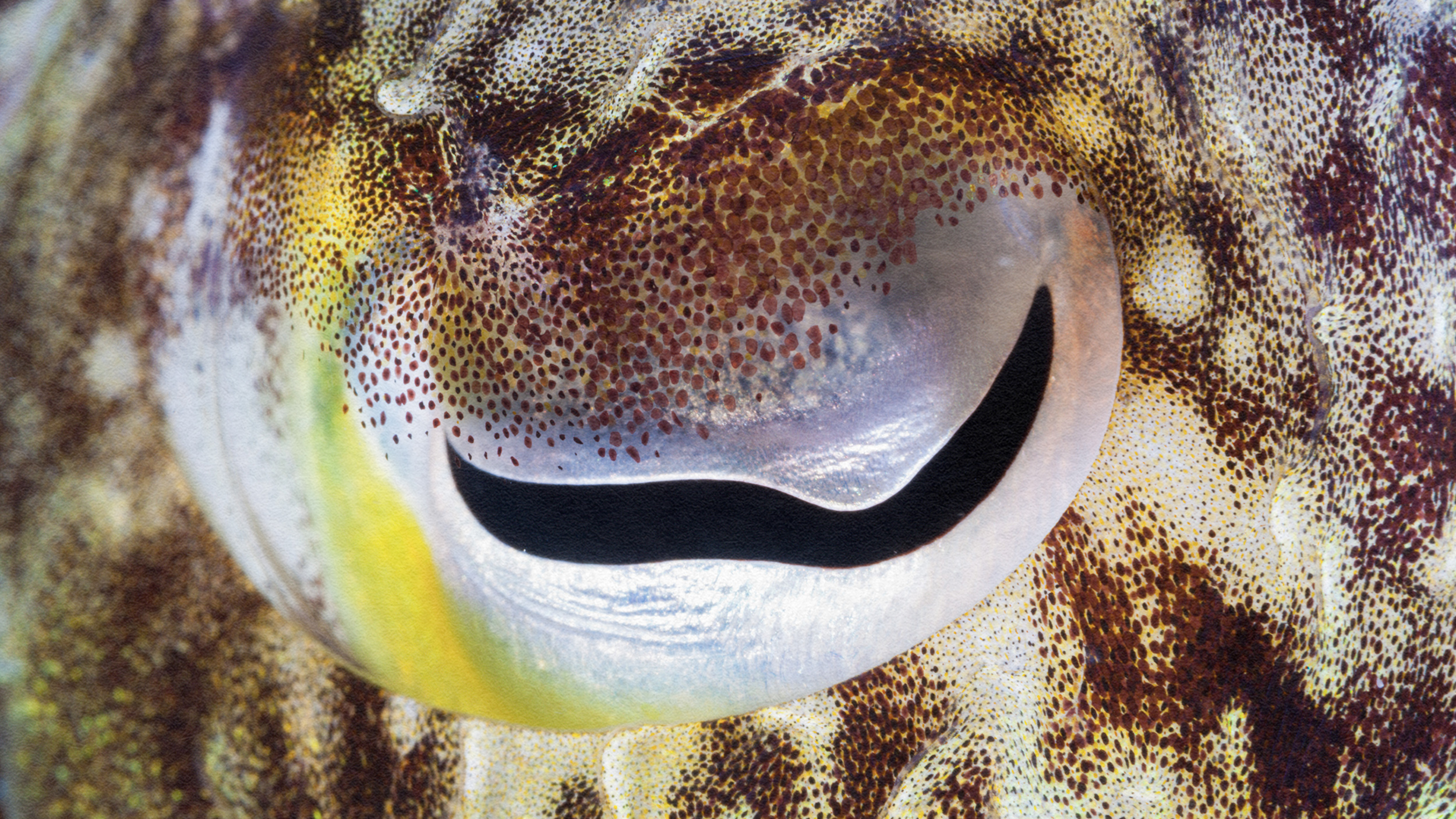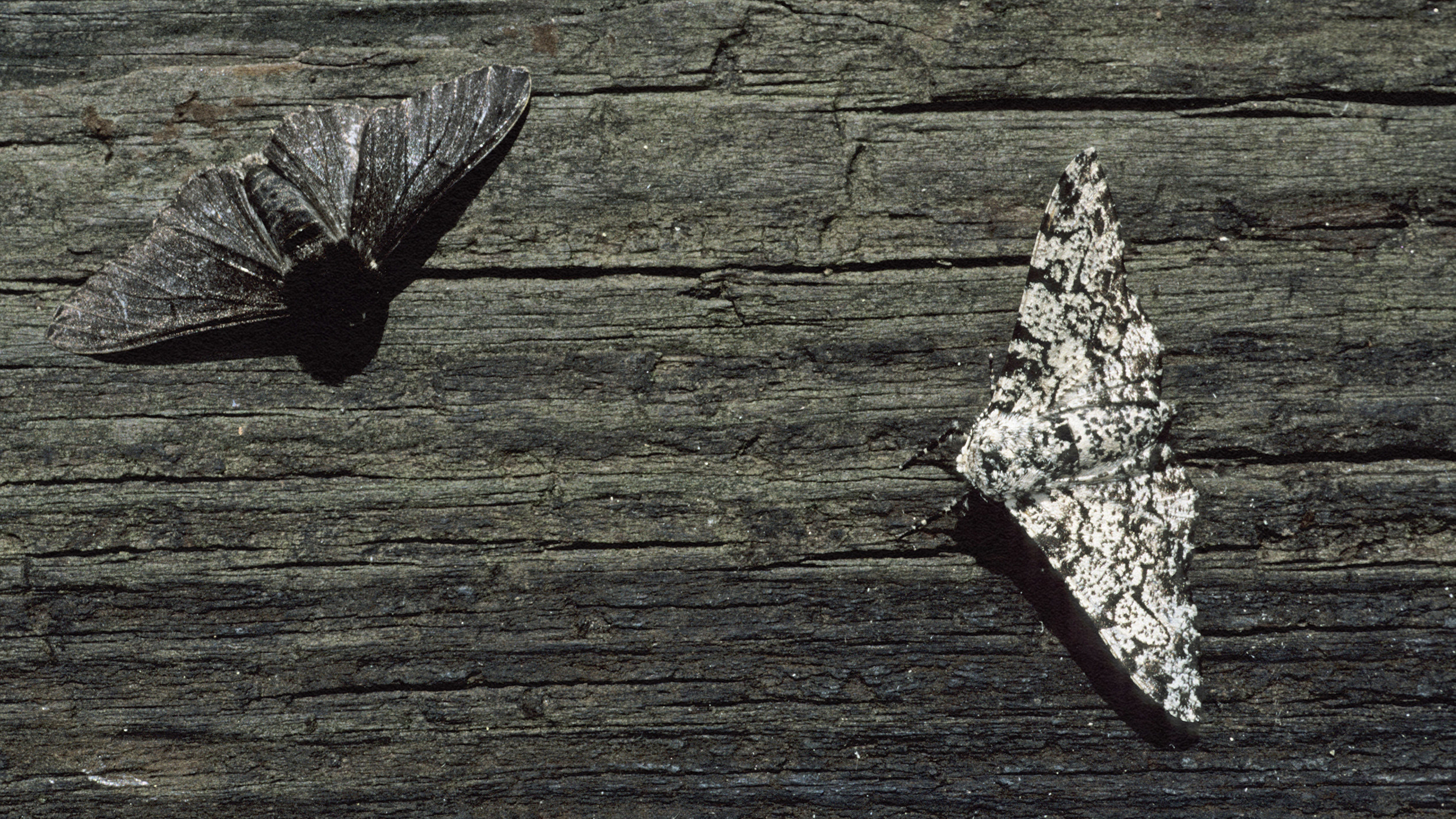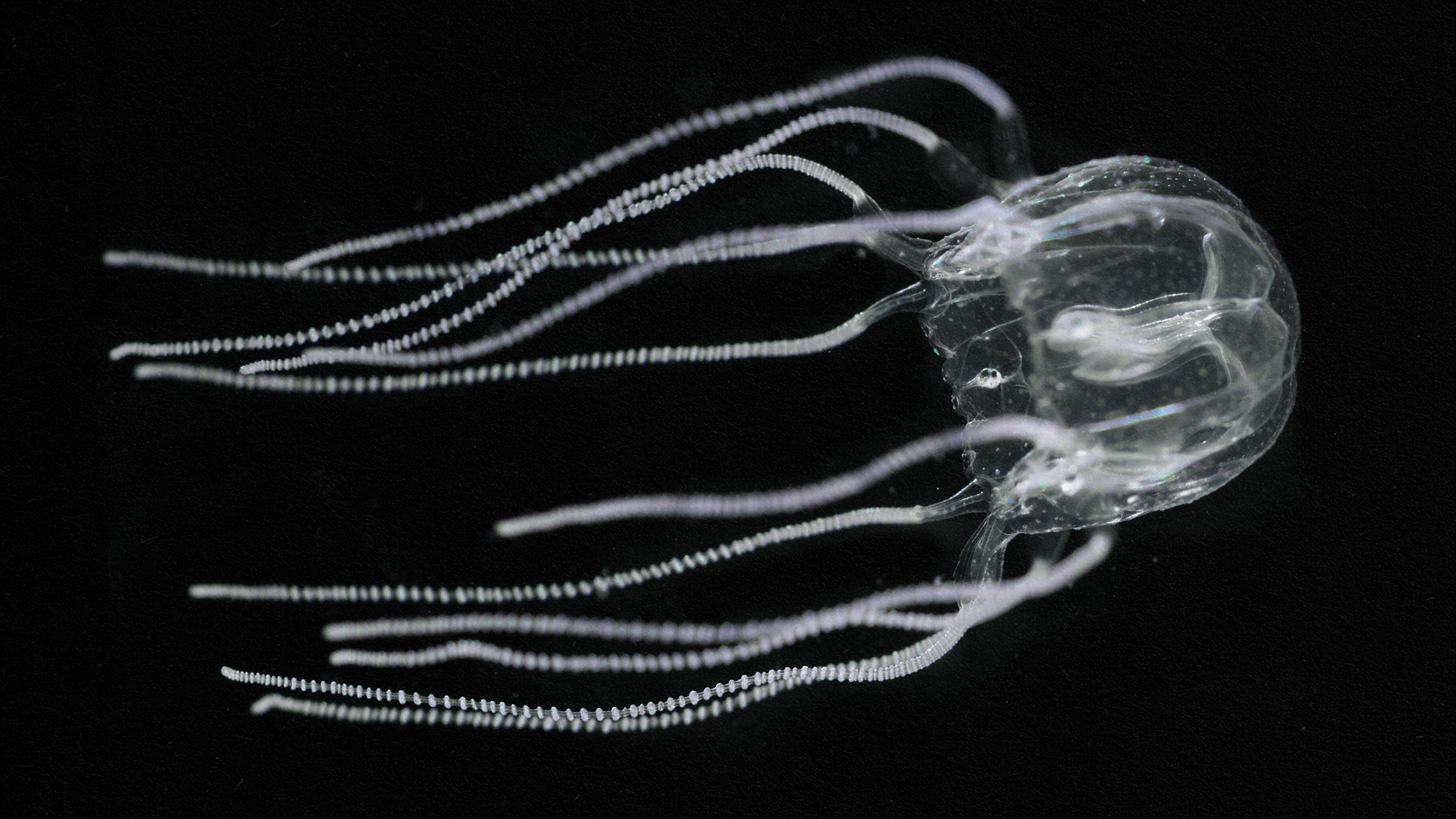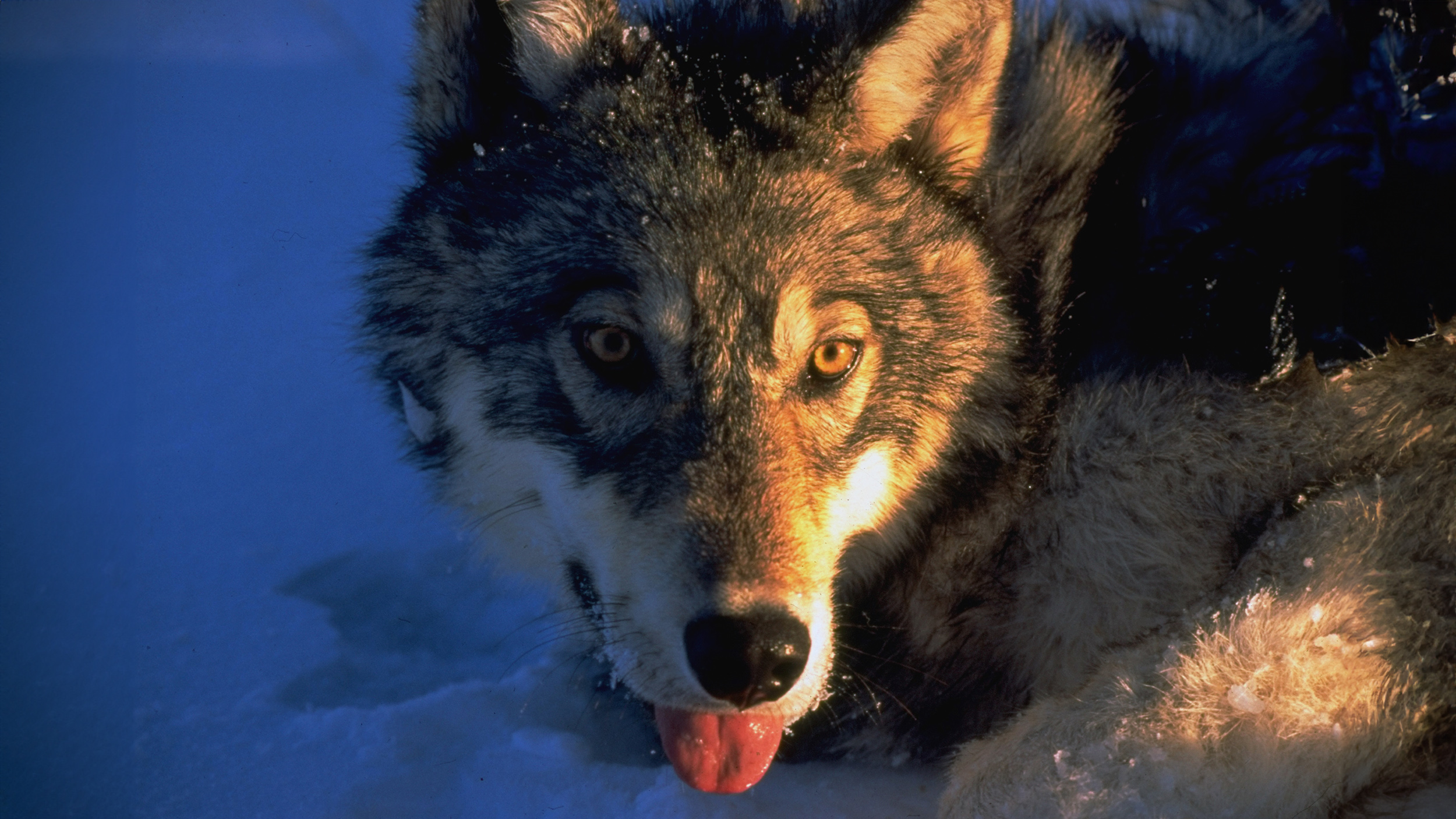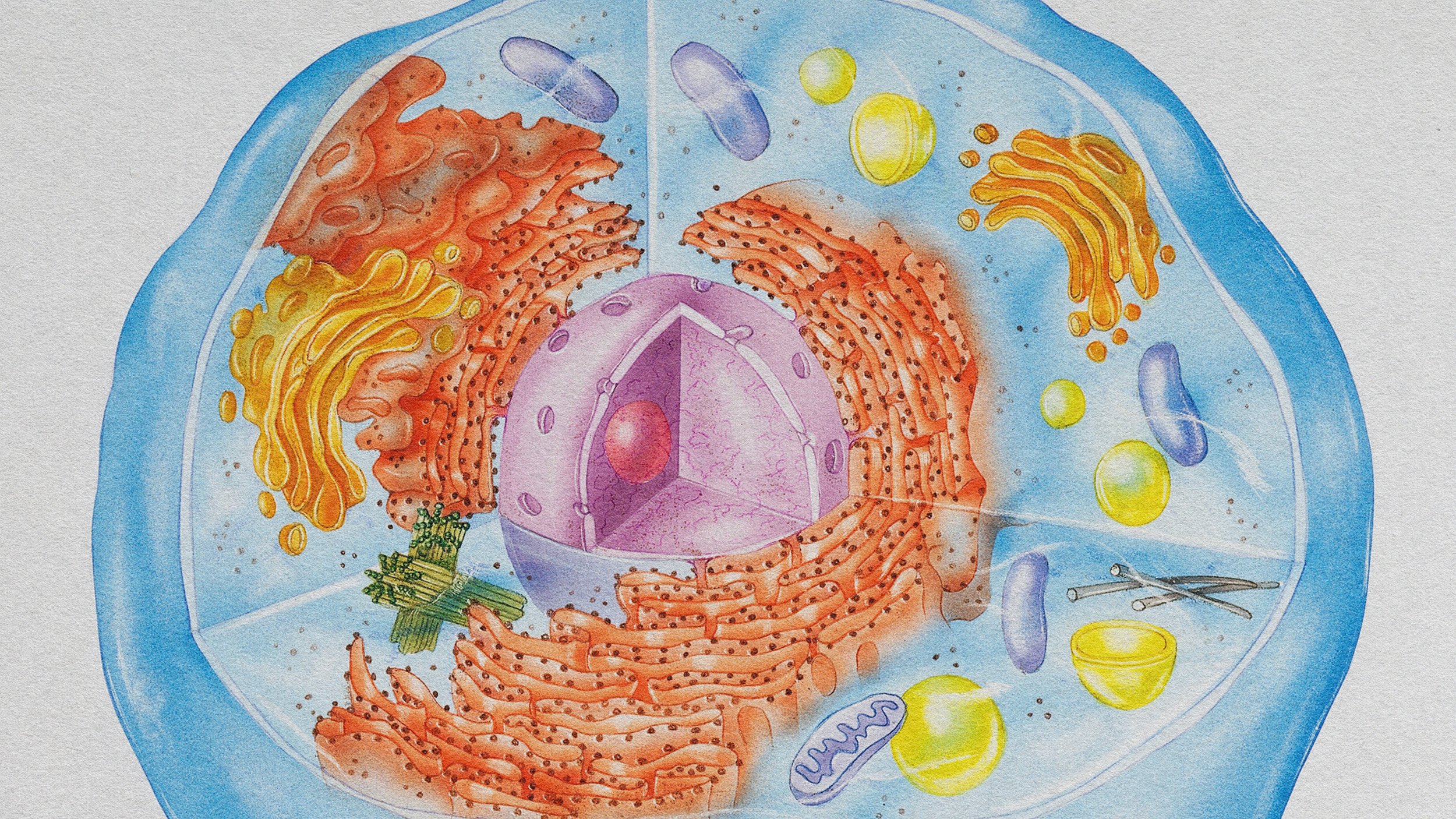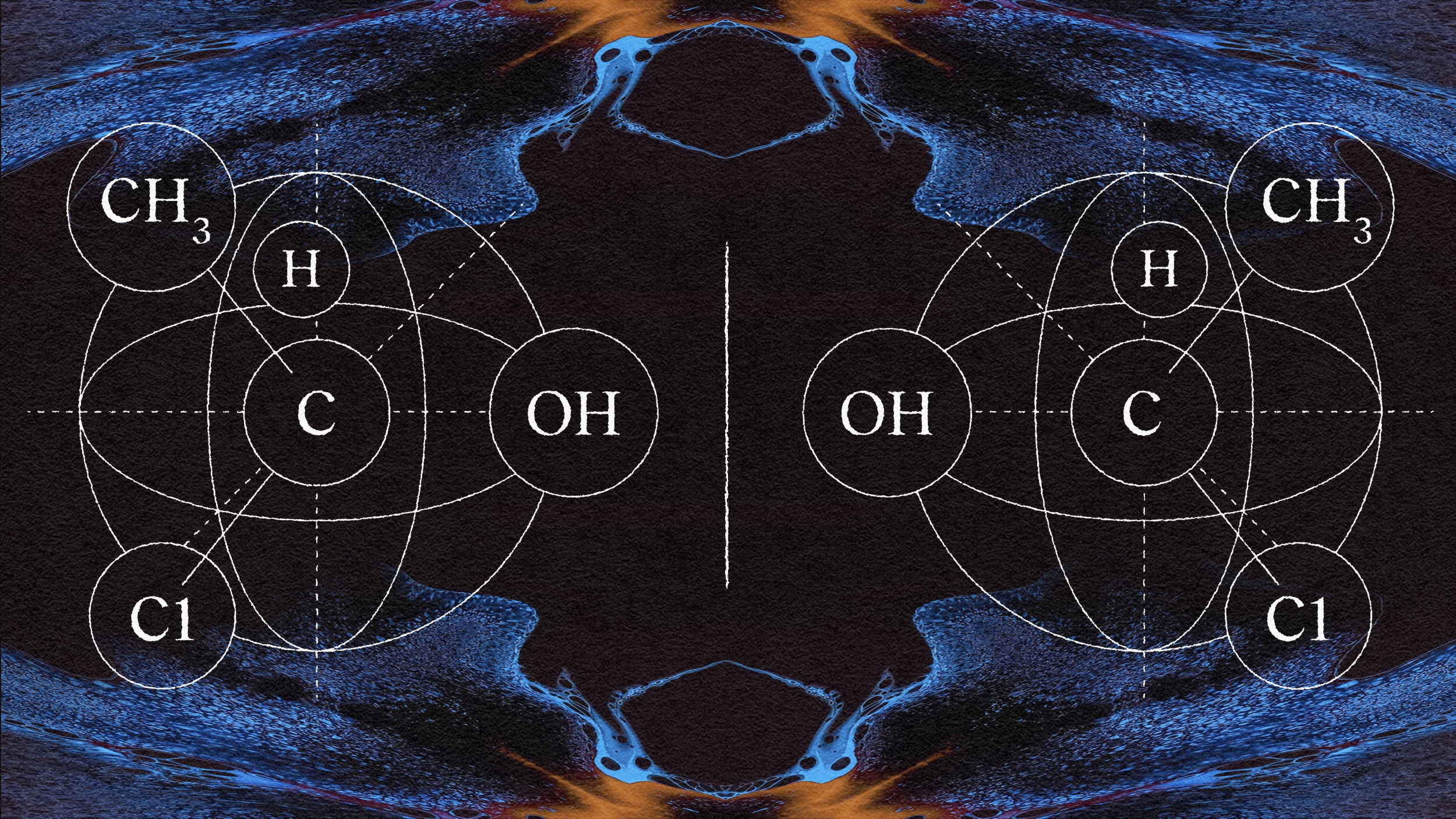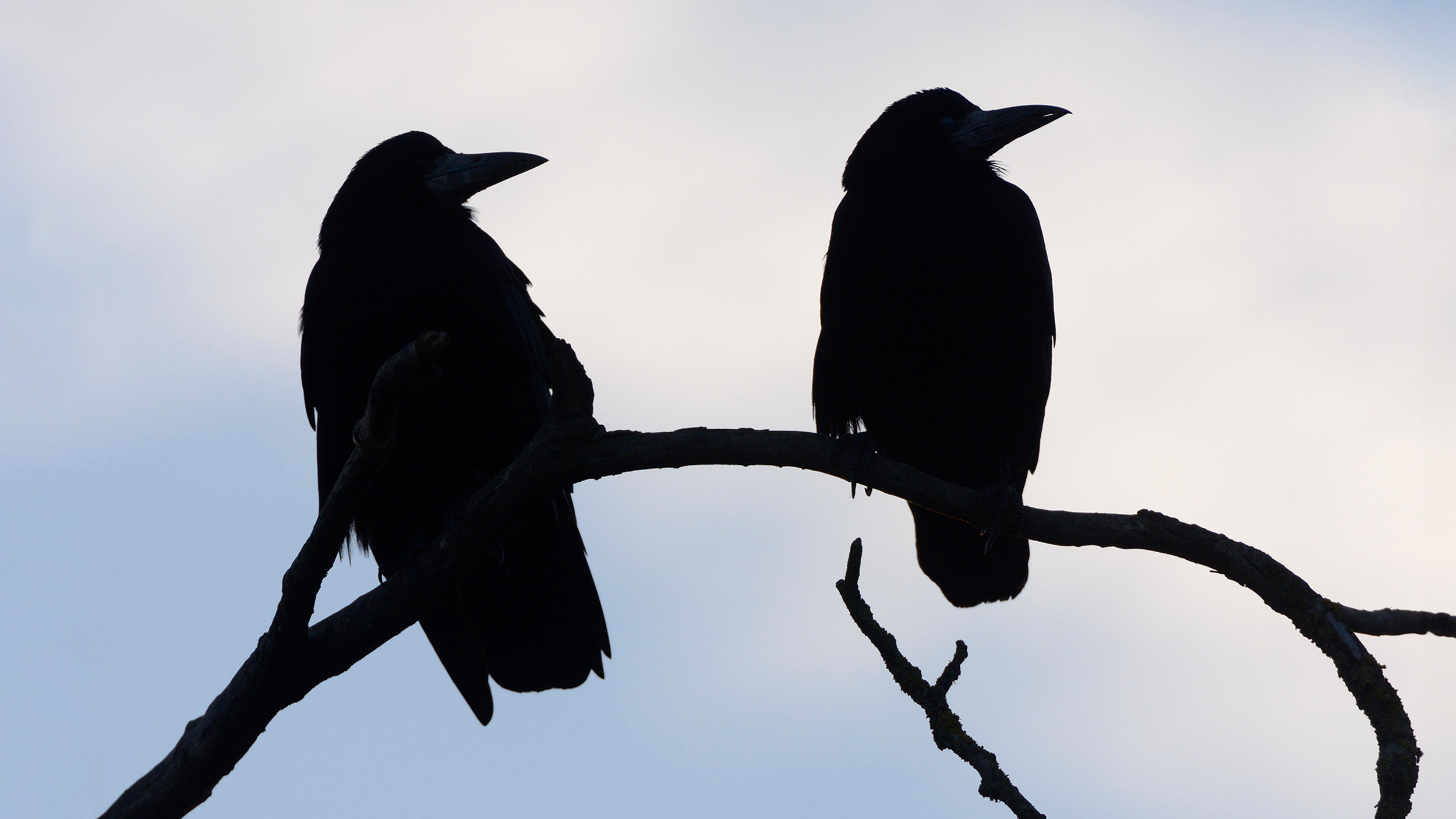animals
A study of spinal development took a strange turn and made a surprise discovery.
Food transport accounted for only 6% of emissions, but the production of dairy, meat, and eggs accounted for 83%
Although mammals may be the dominant form of life today, we’re relative newcomers on planet Earth. Here’s our place in natural history.
More than 90% of ticks that bit treated volunteers were dead within 24 hours.
His career helped define humanity’s place in the world by bringing us “a little closer” to our ape relatives.
CRISPR study helps answer a question that has long puzzled scientists.
13.8 columnist Marcelo Gleiser reflects on his recent voyage to Earth’s last wild continent.
The discovery suggests that the “Boring Billion” period of evolution on Earth wasn’t so boring after all.
“She understood me and I understood her. I loved that pigeon.”
Researchers are finding signs of multiple phases of sleep all over the animal kingdom. The ‘active’ sleep phases look very much like REM.
The ominous cloud of acid rain hasn’t vanished but rather drifted toward the developing world.
As wind power grows around the world, so does the threat the turbines pose to wildlife. From simple fixes to high-tech solutions, new approaches can help.
Without even realizing it, we’ve actually become pretty god-like in our powers.
Lab experiments showed Caribbean box jellyfish are quick studies of their environment.
These nematodes complicate how we understand evolutionary lineages.
Hundreds of millions of animals get killed for meat every day.
Pugs are funny and cute, but that is because we have bred them intentionally to have debilitating genetic mutations. Is that ethical?
The problem with carnivores turned omnivores.
Scientists agree that eons ago, a bacterium took up residence inside another cell and became its powerhouse, the mitochondrion. But there are competing theories about the birth of other organelles such as the nucleus and endoplasmic reticulum.
A new study provides the first proof-of-principle that genetic material transferred from one species to another can increase both longevity and healthspan in the recipient animal.
This biochemist is determined to create a new life form by reversing the shape of molecules.
The milestone puts us one step closer to ending the organ shortage.
You can’t farm spiders — but putting spider genes into silkworms works even better.
Can AI and animals coexist? Philosopher Peter Singer gives us a nuanced take on the issue.
▸
5 min
—
with
Every astrobiologist wants to find an alien. But the public should be skeptical when the “aliens” look like tiny humans.
The potential benefits of returning the thylacine to Australia make the project worth the effort.
With such a vast Universe and raw ingredients that seem to be everywhere, could it really be possible that humanity is truly alone?
They’re not just watching you; they’re also calculating.
When the UK bans the American Bully XL this year, it won’t rely on science to identify them.
In an attempt to prove Christianity inferior to communism, a Soviet scientist hoped to play God.
